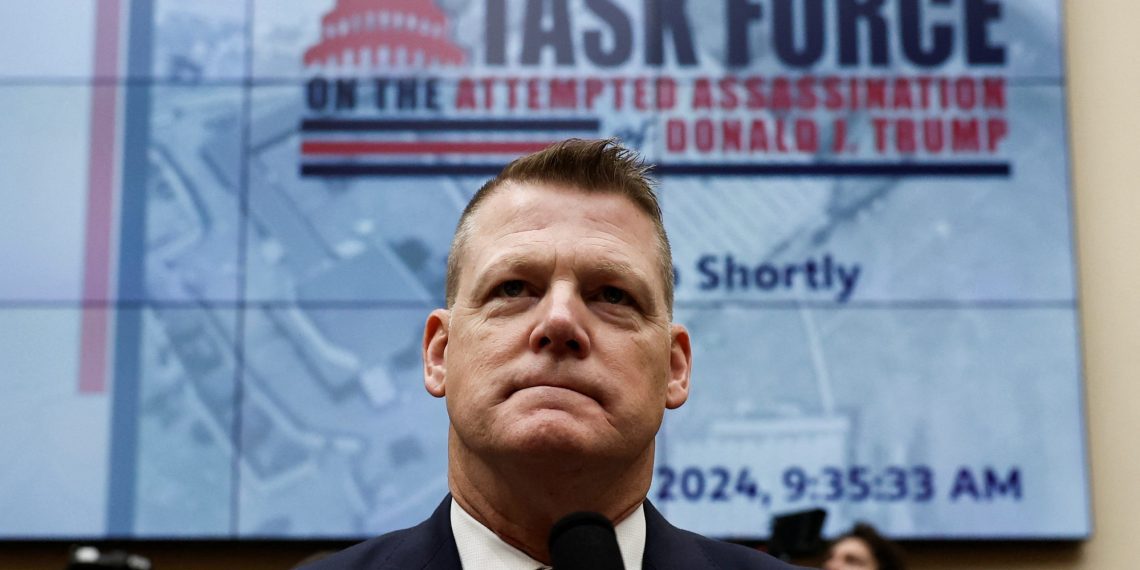The shadow of fear and uncertainty looms large over the United States Secret Service as the final report on the assassination attempts against President-elect Donald Trump sends shockwaves through the agency. The congressional task force, in its unrelenting scrutiny, has underscored glaring inadequacies within the USSS, calling for urgent and sweeping reforms. The revelations of security lapses and vulnerabilities have rattled the core of the agency tasked with protecting the nation’s highest leaders, igniting a fervent debate on the urgent need for change.
“The events of July 13, 2024, were tragic and preventable, and the litany of related security failures are unacceptable,” the report declares in a stern rebuke to the Secret Service. “The Secret Service’s zero fail mission allows no margin for error, let alone for the many errors described in this report.” These words echo with a resounding call for accountability and transformation within an agency entrusted with safeguarding the pillars of American democracy.
Reforms and Recommendations
The bipartisan task force’s exhaustive 180-page report serves as a searing indictment of the lapses that paved the way for the assassination attempts on President-elect Trump. Among the key recommendations set forth is a critical evaluation of the Secret Service’s operational protocols, particularly during heightened political seasons. The report advocates for a recalibration of protective measures for foreign dignitaries, suggesting a reevaluation of the agency’s role vis-à-vis the demands of election cycles.
In a scathing critique of the agency’s expanding responsibilities, the report emphasizes the need for a strategic realignment of priorities. “Congress, DHS, and the USSS should jointly consider the protective role the USSS plays for foreign leaders,” the report urges, highlighting the imperative to streamline operations and refocus efforts on safeguarding essential U.S. leaders. This clarion call for introspection and reform underscores the pressing need to fortify the Secret Service against evolving security threats.
Insufficient Resources and Looming Threats
Delving into the harrowing details of the assassination attempts, the task force highlights the critical staffing shortages that left vulnerabilities exposed. The report sheds light on how the assailants capitalized on security gaps exacerbated by inadequate resources, underscoring the urgent need for bolstered support for frontline agents. The revelation of missed opportunities and operational missteps underscores the high stakes of security breaches in an increasingly volatile political landscape.
The report’s findings serve as a stark reminder of the lethal consequences of operational lapses within the Secret Service. “From interviews with special agents on the ground, it appears that the main factor in the decision to not request (the counter-surveillance unit) was an assumption that the request would be denied,” the report reveals, exposing the systemic challenges that hinder swift and decisive action. As the specter of future threats looms large, the urgent imperative for reform and resource allocation takes center stage in the battle to fortify the nation’s security apparatus.
The revelations unearthed by the task force’s report serve as a clarion call for decisive action and transformative reforms within the United States Secret Service. As the nation grapples with the aftermath of the assassination attempts, the imperative to fortify the agency against emerging threats becomes an urgent mandate for safeguarding the sanctity of American democracy. In the crucible of crisis, the resilience and adaptability of the Secret Service will be tested, shaping the trajectory of its future and the security of the nation’s highest leaders.









